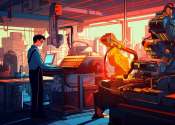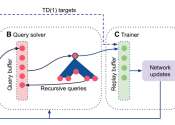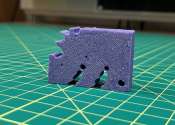Rethinking AI's impact: Study reveals economic limits to job automation
Like many of us, you might find yourself nodding to a familiar digital doomsday chorus that vibrates through offices and coffee shops alike: AI will take my job!
Jan 23, 2024
1
147









